
Tokyo Haneda Airport, officially known as Tokyo International Airport, has been recognized as the third-best airport globally in the 2025 Skytrax World Airport Awards. This prestigious ranking highlights Haneda's exceptional cleanliness, efficiency, and accessibility, making it a standout among international airports.
Located approximately 15 kilometers from central Tokyo, Haneda serves as a crucial transportation hub for both domestic and international travelers, offering unparalleled convenience and accessibility to the city.
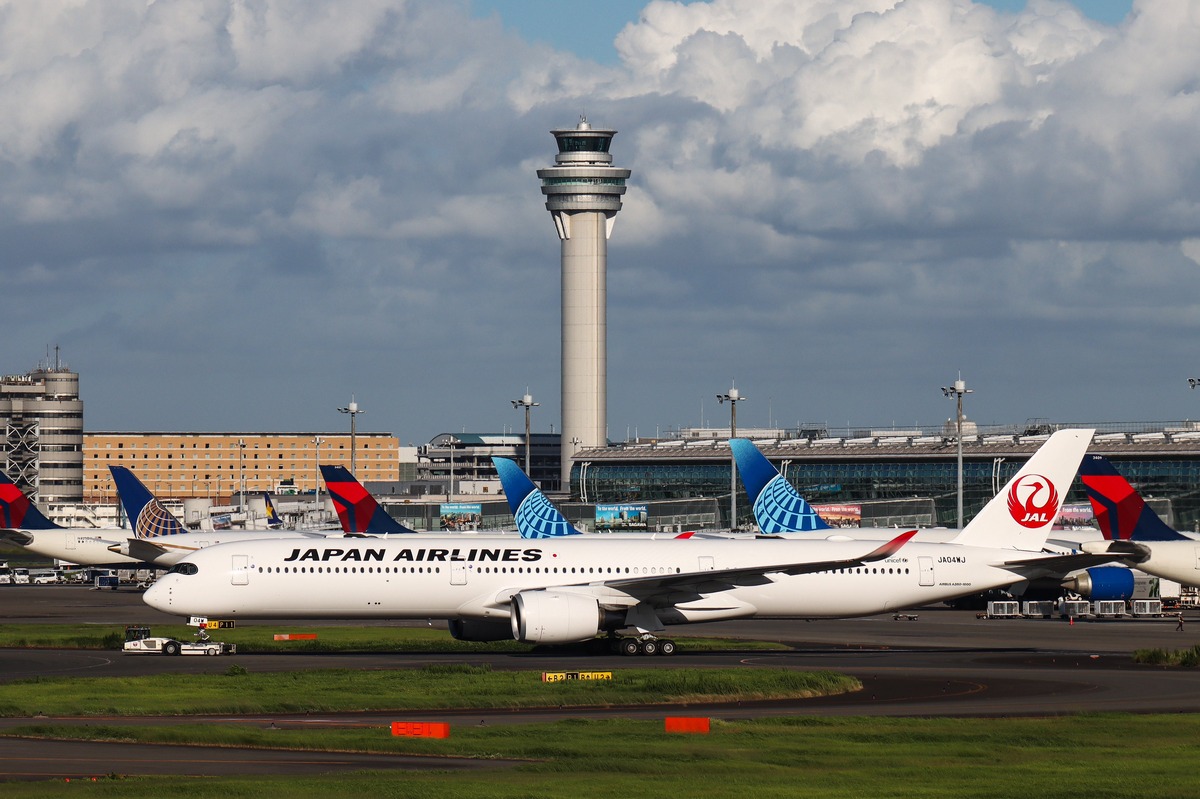
Tokyo Haneda Airport, officially known as Tokyo International Airport, is a historic and vital hub for Japanese air travel. Established in 1931 as Haneda Airfield, it initially served as Japan's largest civil airport, replacing the army air base at Tachikawa. During World War II, plans for a new municipal airport were abandoned, and Haneda was expanded under Allied Occupation (1945–1952) to serve both military and civilian transportation needs.
Post-war, Haneda became Japan's primary gateway for international passenger flights, with airlines like Northwest Orient Airlines and Pan American World Airways introducing routes connecting Tokyo to major global destinations.
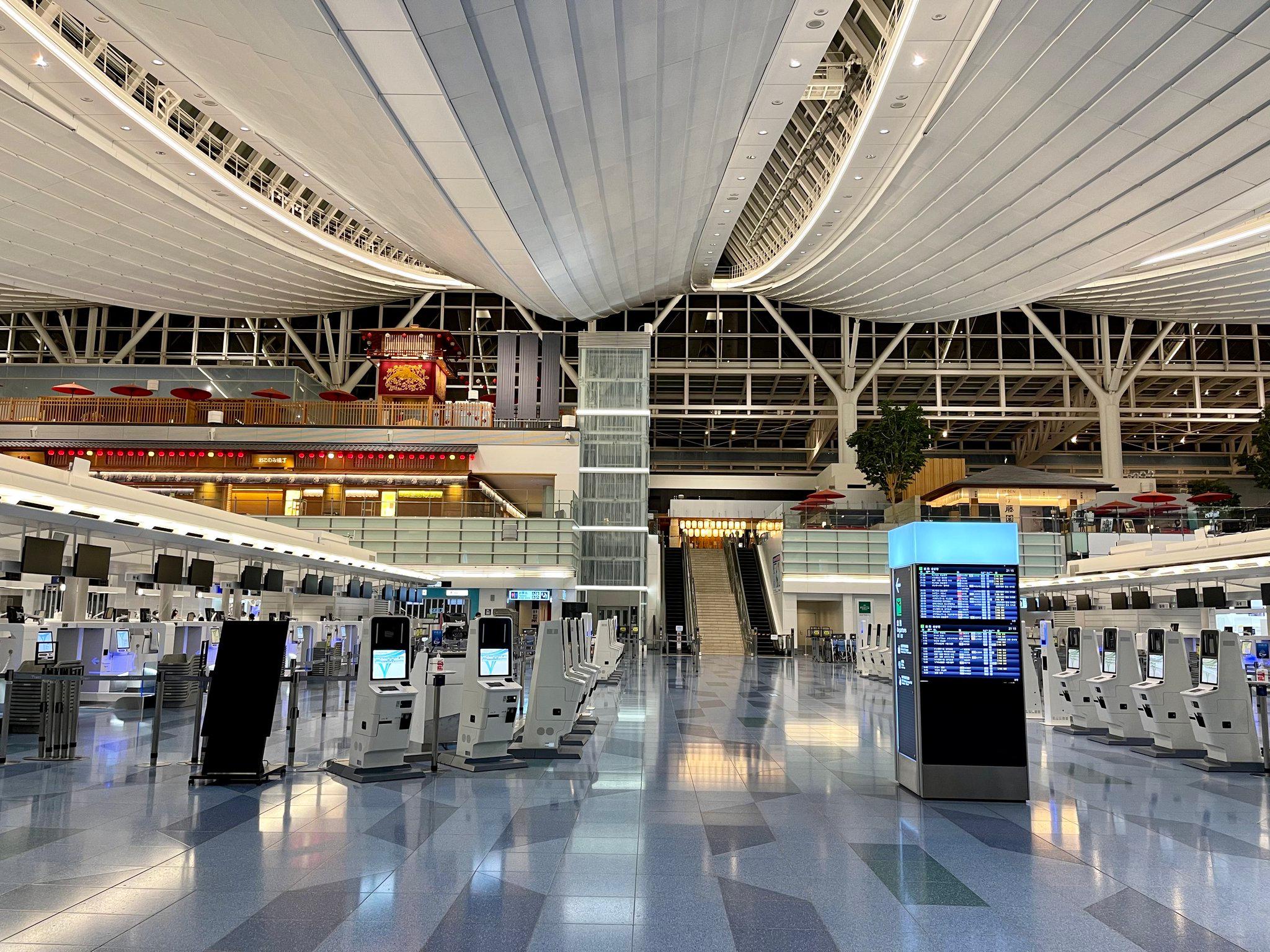
The airport underwent significant development in the mid-20th century. A new passenger terminal opened in 1955, followed by the inauguration of the Tokyo Monorail in 1964, which provided a direct 20-minute connection to downtown Tokyo. By the late 1970s, most international services were transferred to Narita International Airport, but Haneda remained a key domestic hub.
In October 2010, Haneda reclaimed its status as a major international gateway with the opening of Runway D and a state-of-the-art international passenger terminal
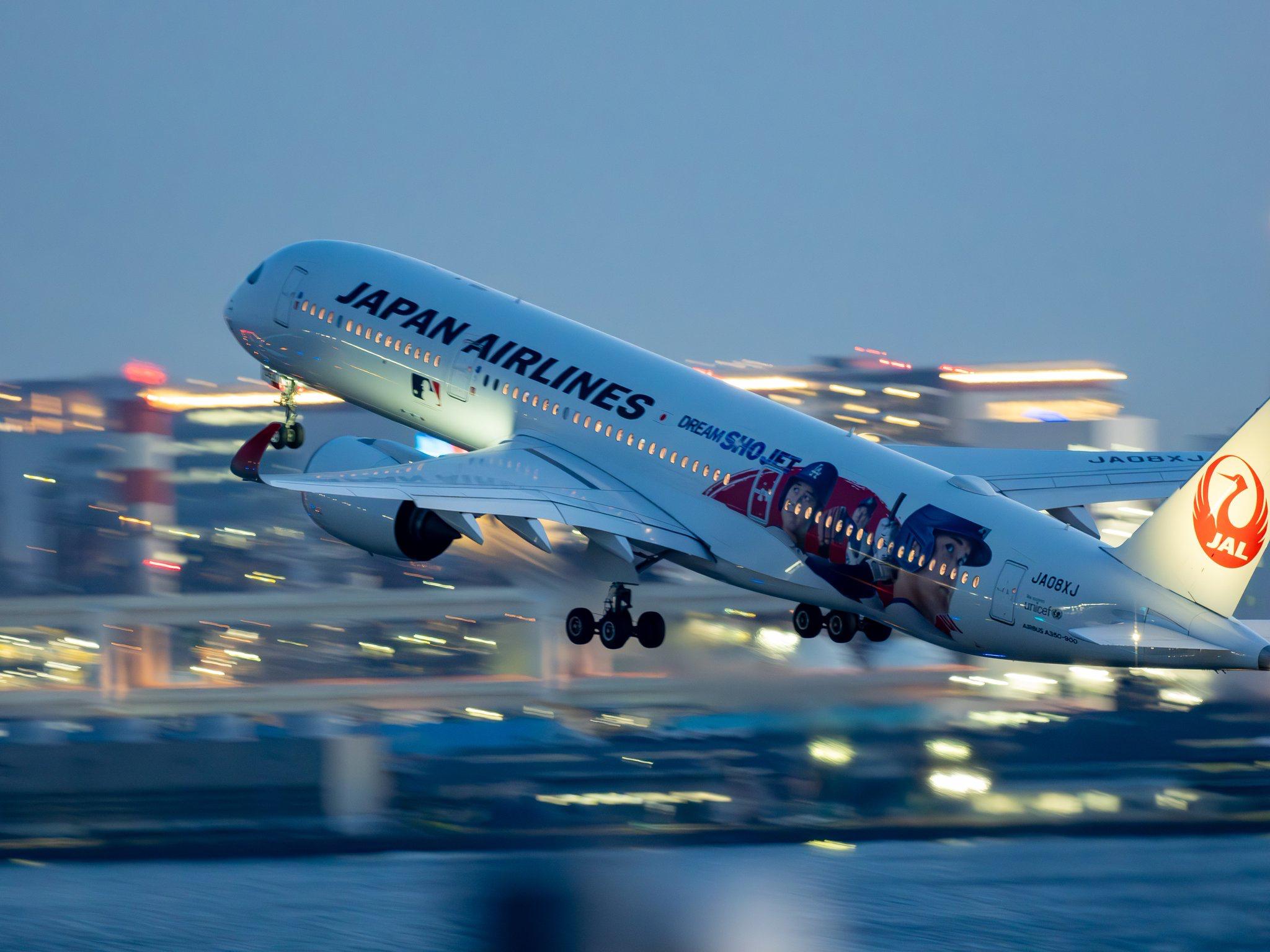
Haneda has consistently evolved to meet growing demand and enhance passenger experience. It now handles over 85 million passengers annually and is recognized for its world-class facilities. Recent expansions include Terminal 3's transformation into an international hub and the creation of Haneda Nihonbashi Bridge in 2014.
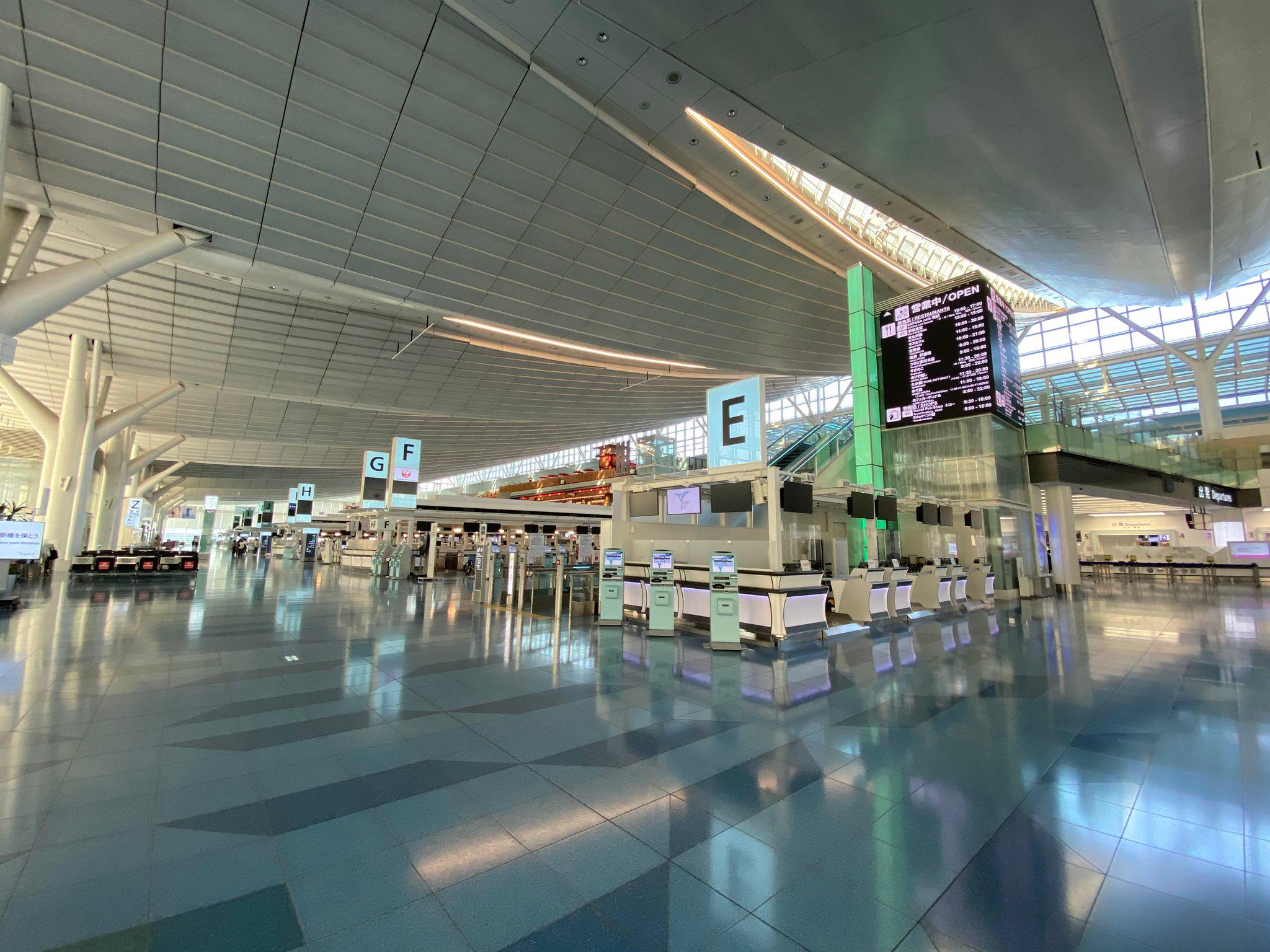
The airport features extensive shopping areas, diverse dining options, accessible facilities for passengers with reduced mobility, and cutting-edge amenities like duty-free pick-up counters and Wi-Fi rentals.
Haneda’s cultural significance is also reflected in its unique Japanese hospitality. Travelers often remark on the ground crew’s tradition of waving goodbye and bowing as planes depart—a gesture that highlights Japan's commitment to customer service.
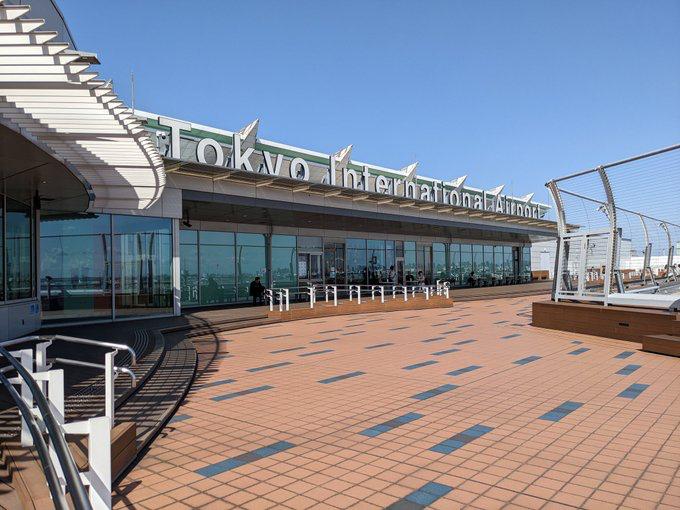
Today, Haneda stands as a symbol of innovation and efficiency in global aviation, earning accolades such as being ranked the third-best airport in the world by Skytrax in 2025. Its strategic location near Tokyo's city center, seamless transportation links via monorail and train lines, and dedication to cleanliness and accessibility make it a preferred choice for both domestic and international travelers.
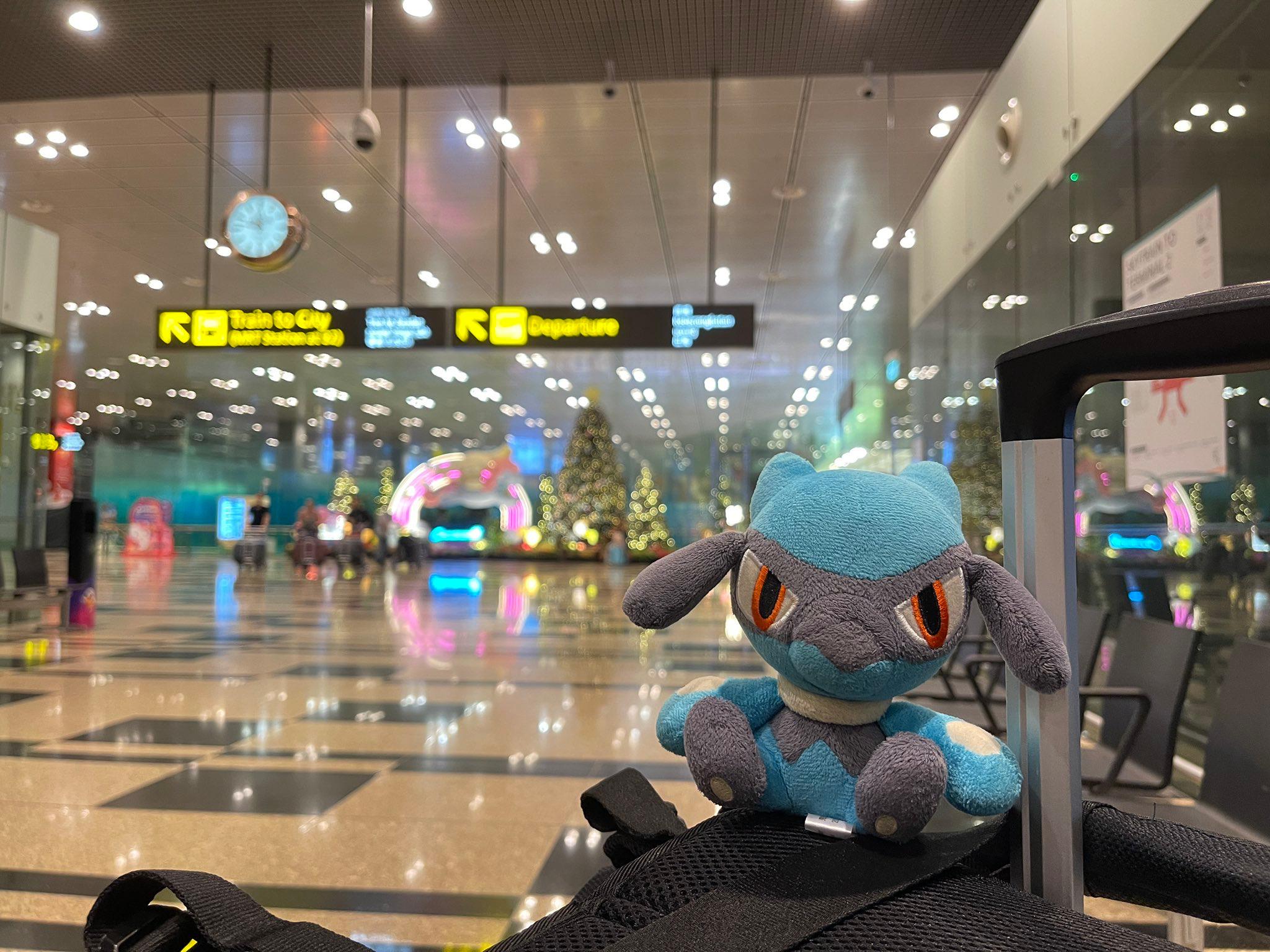
Key Features and Facilities of Haneda Airport
-
Convenience and Accessibility: Haneda's proximity to Tokyo's city center allows for quick and easy access via the Keikyu Line and Tokyo Monorail, connecting travelers to major stations like Shinagawa and Hamamatsucho.
-
Facilities and Services: The airport features extensive shopping areas, including duty-free stores and Japanese specialty shops, as well as a variety of dining options offering authentic Japanese cuisine. Notable dining spots include "Edo Koji" in the international terminal, which recreates the Edo period atmosphere.
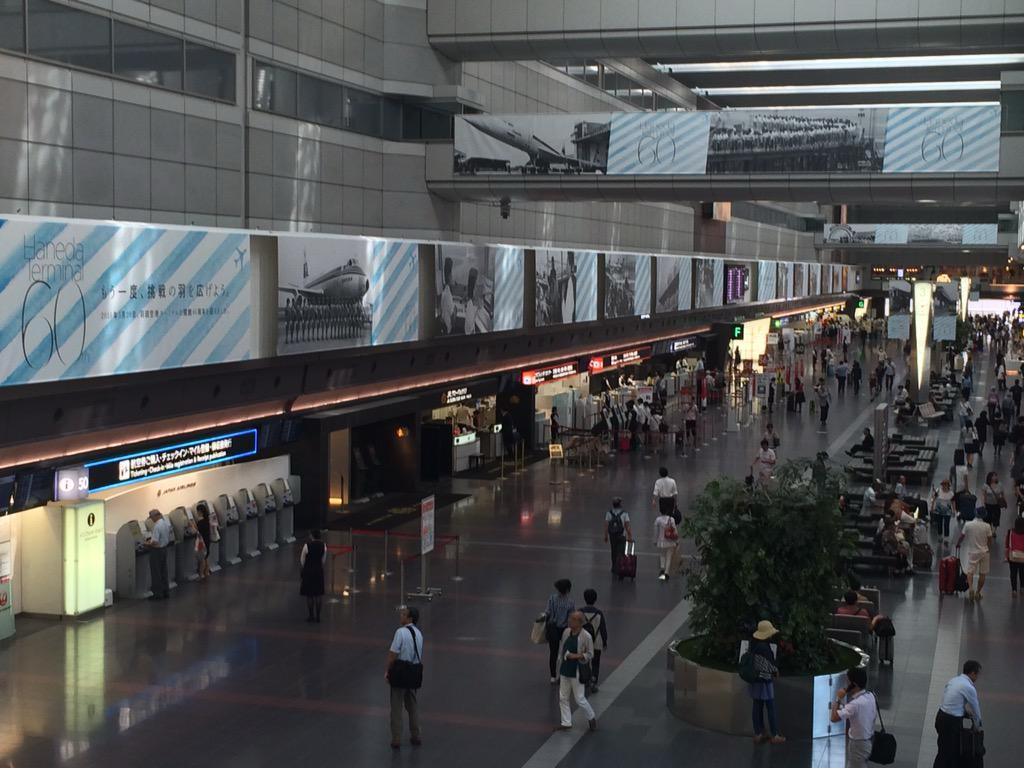
-
Lounges and Accommodations: Haneda offers multiple airline lounges, such as those operated by Japan Airlines and All Nippon Airways, as well as shared lounges like the Power Lounge and Sky Lounge. Directly connected hotels, including the Haneda Excel Hotel Tokyu and Royal Park Hotel Tokyo Haneda, provide convenient accommodations for travelers.
-
Accessibility for All: Haneda is recognized for its accessible facilities, ensuring that passengers with reduced mobility have a seamless experience. This includes comprehensive services and amenities designed to cater to diverse needs.
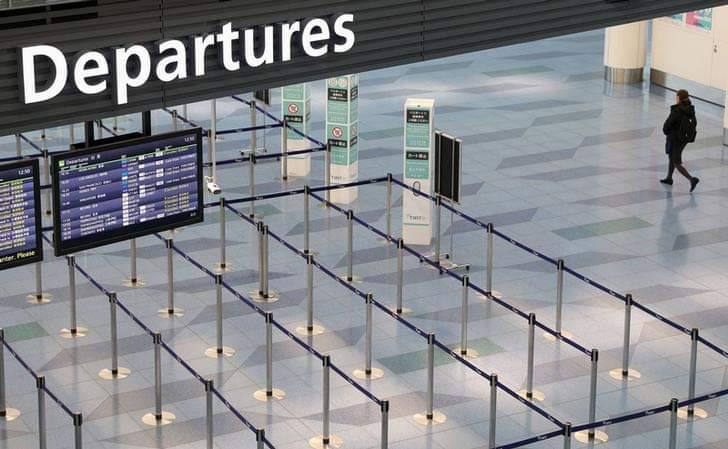
-
Cultural Experience: The airport offers a unique cultural experience, allowing visitors to immerse themselves in Japanese hospitality ("omotenashi") from the moment they arrive. This includes shopping for traditional crafts and enjoying local cuisine.
-
Transportation and Amenities: Beyond its core functions, Haneda provides additional services such as baggage delivery, currency exchange, and Wi-Fi rentals. The airport is also equipped with ATMs and convenience stores available 24 hours a day.
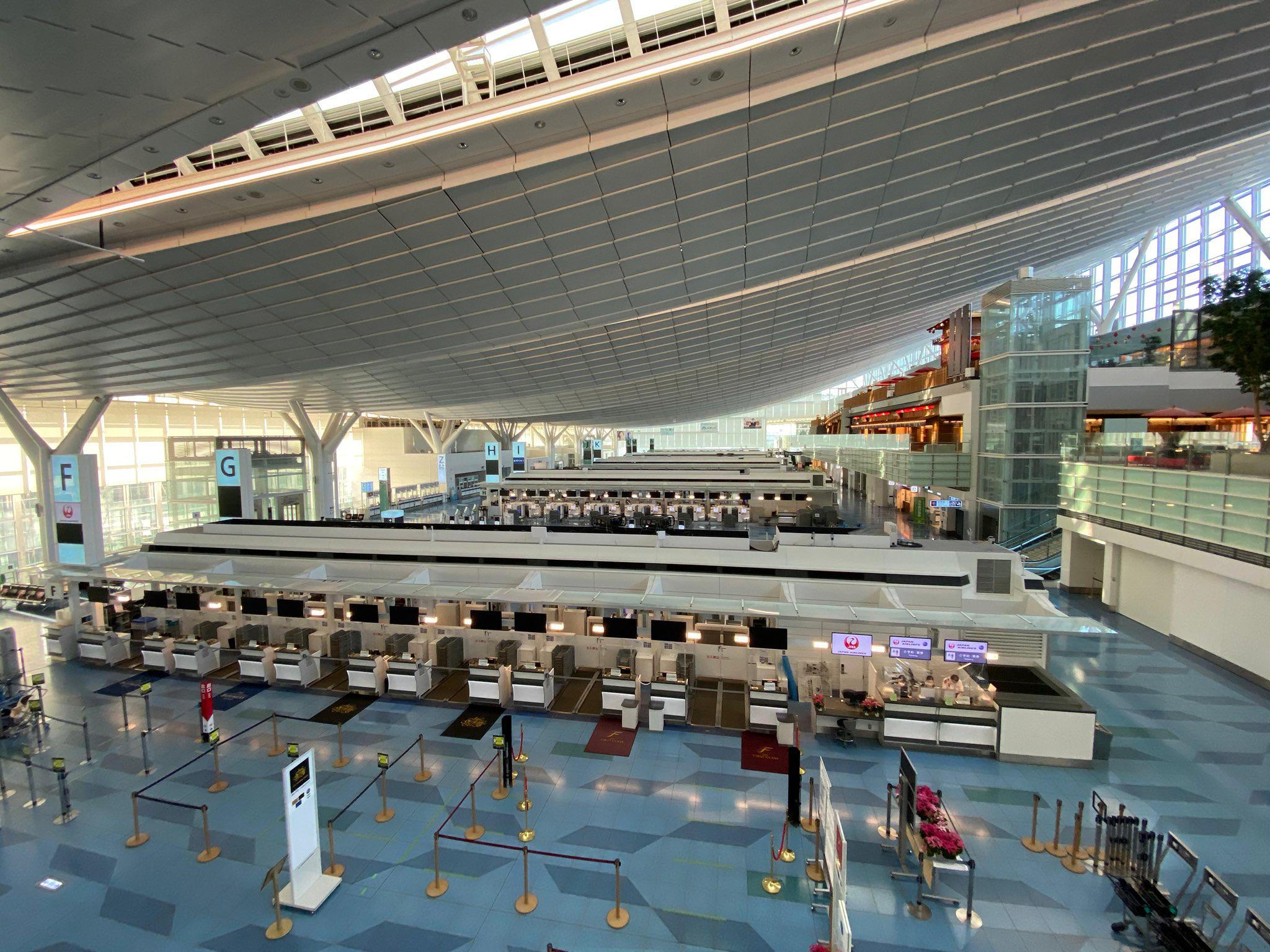
-
Haneda Airport Garden: This retail and dining complex, connected to Terminal 3, offers over 60 shops and 20 restaurants, enhancing the overall travel experience with its diverse offerings. It features a variety of Japanese cuisine, including dishes from Nagoya, Gunma, and Kyoto.
-
Health and Safety Services: Each terminal includes a pharmacy, a clinic, and a police box, ensuring traveler safety and health needs are met. Dozens of AED machines are also available throughout the airport.
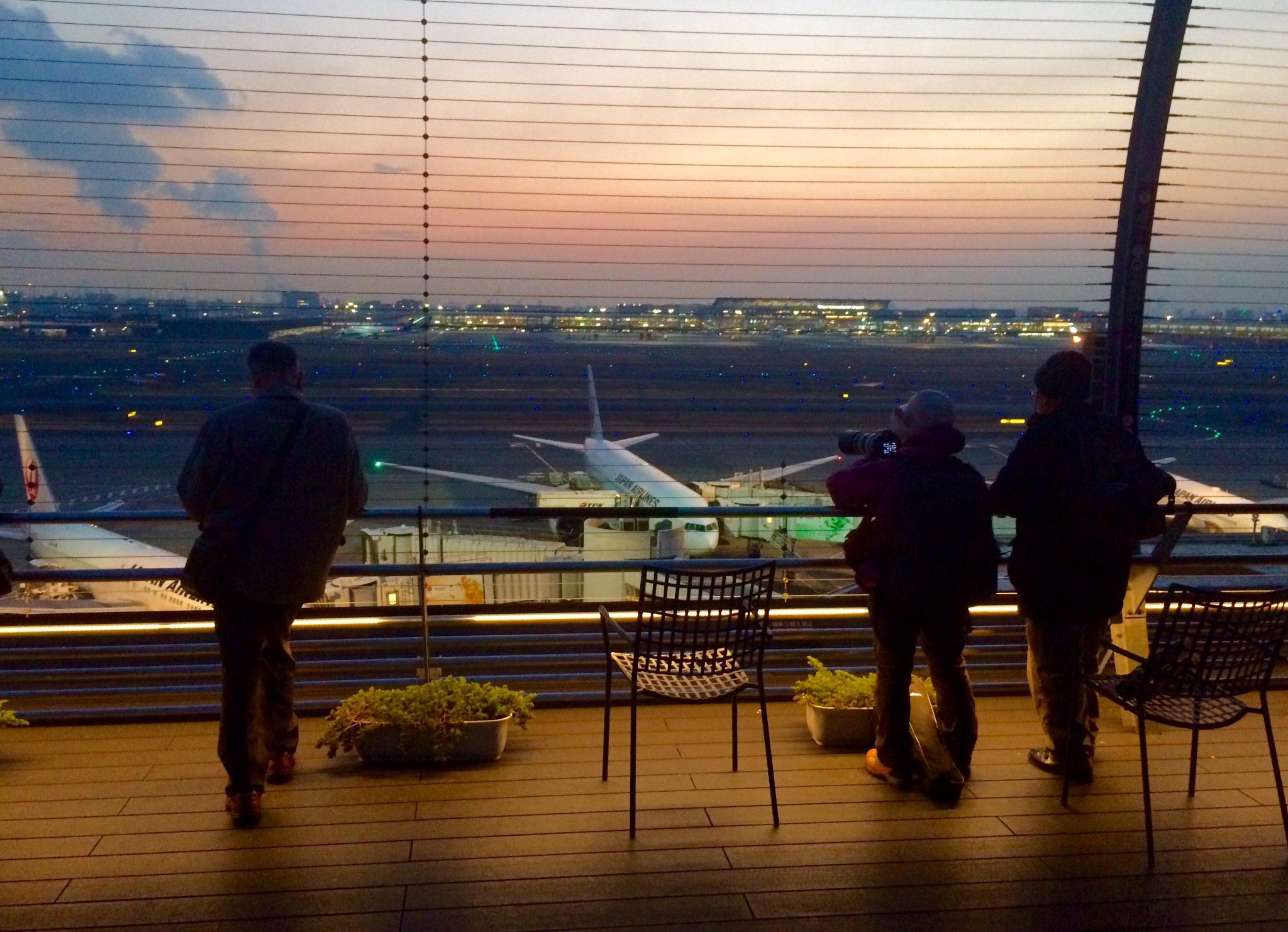
-
Information and Assistance: Information counters are situated at various locations, providing assistance to travelers. Additionally, an information call service is available for further support.
Tips for Travelers at Haneda Airport
-
Plan Ahead: Arrive at least two hours before your domestic flight and three hours before your international flight to account for security checks and potential lines.
-
Use Public Transport: The Keikyu Line and Tokyo Monorail are efficient and cost-effective ways to reach central Tokyo. Consider purchasing a Suica or Pasmo card for easy travel.
-
Explore Duty-Free Shopping: Haneda offers a wide range of duty-free products, including cosmetics, liquor, and electronics. Take advantage of these deals to save money.
-
Try Local Cuisine: Don’t miss the opportunity to try authentic Japanese food at the airport. From sushi to ramen, there are plenty of options to satisfy your cravings.
-
Stay Connected: Rent a portable Wi-Fi hotspot or purchase a prepaid SIM card to stay connected throughout your trip in Japan.
-
Use Airport Lounges: If you have access to an airport lounge, take advantage of the amenities like free Wi-Fi, snacks, and drinks to relax before your flight.
-
Download Airport Apps: Utilize the Haneda Airport app to navigate terminals, check flight information, and locate facilities easily.
-
Respect Local Customs: Be mindful of Japanese customs and etiquette, especially when interacting with airport staff or using public facilities.
Haneda's consistent ranking among the world's best airports reflects its commitment to quality and customer satisfaction, making it an ideal gateway for travelers to Japan.

.jpg)
.jpg)

.jpg)
.jpg)
.jpg)



.jpg)
.jpg)



 (1).jpg)


.jpg)
.jpg)
.jpg)






.jpg)
.jpg)


.png)



.jpg)







.jpg)









.jpg)
.jpg)